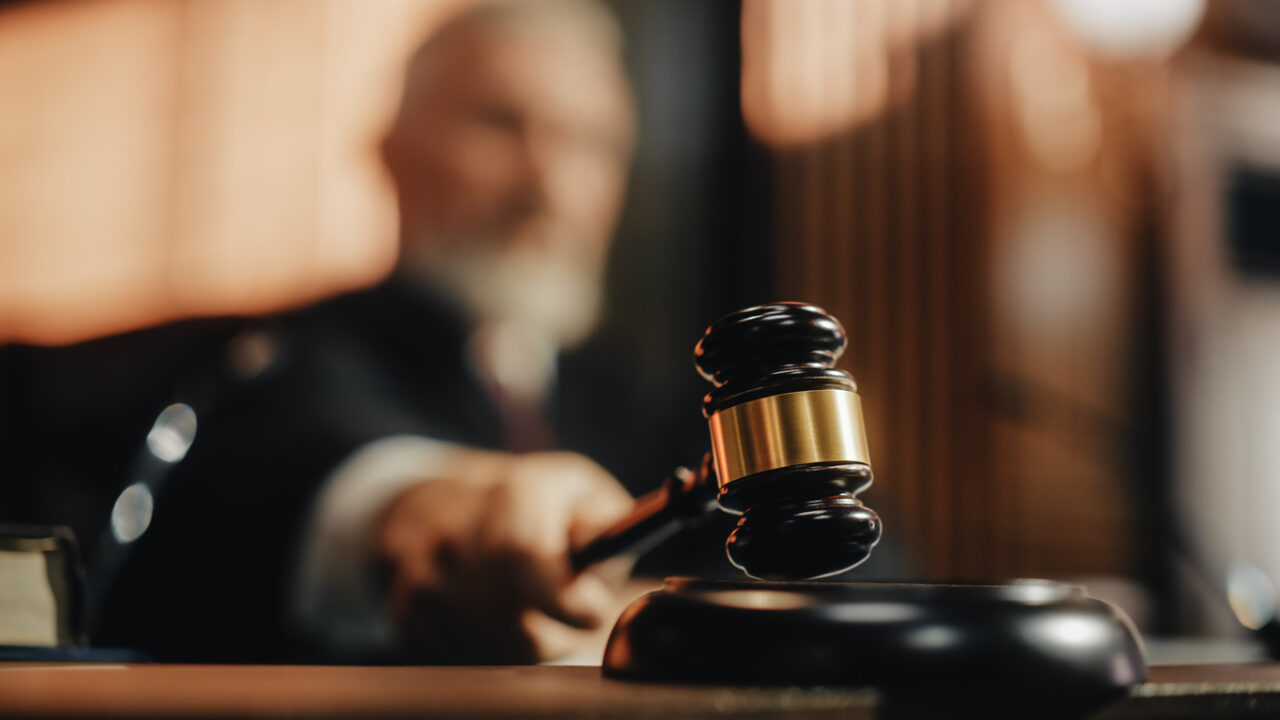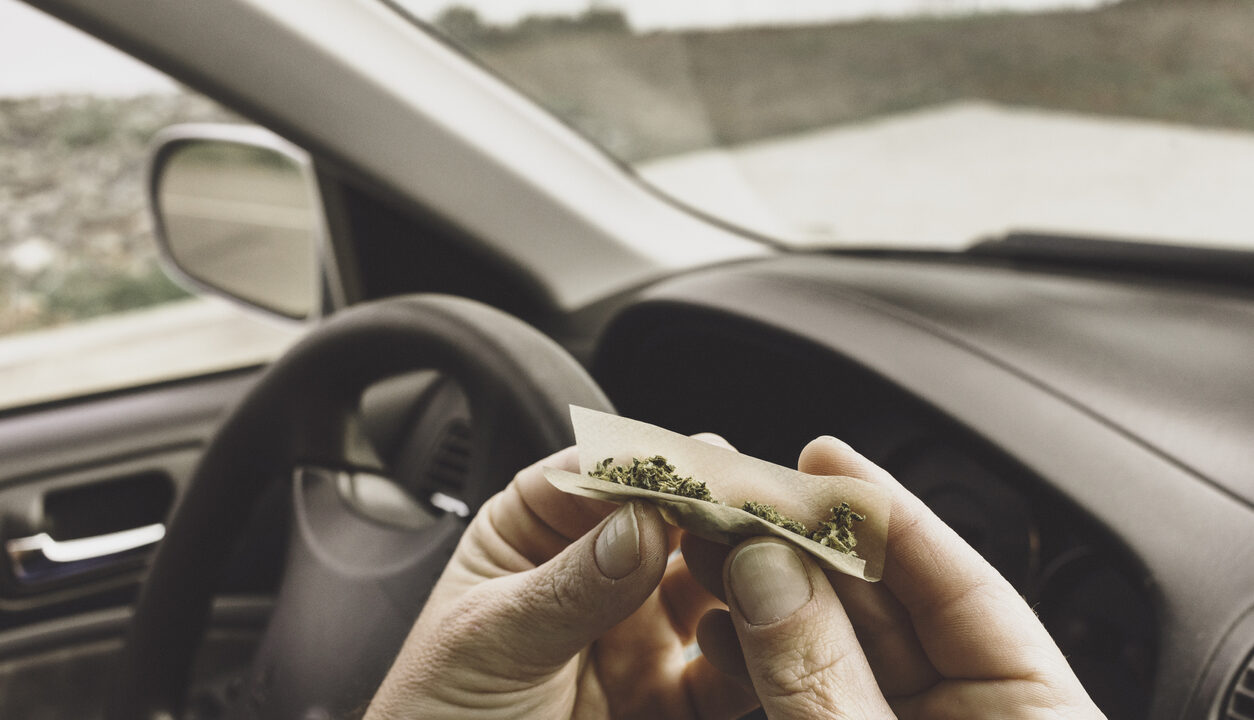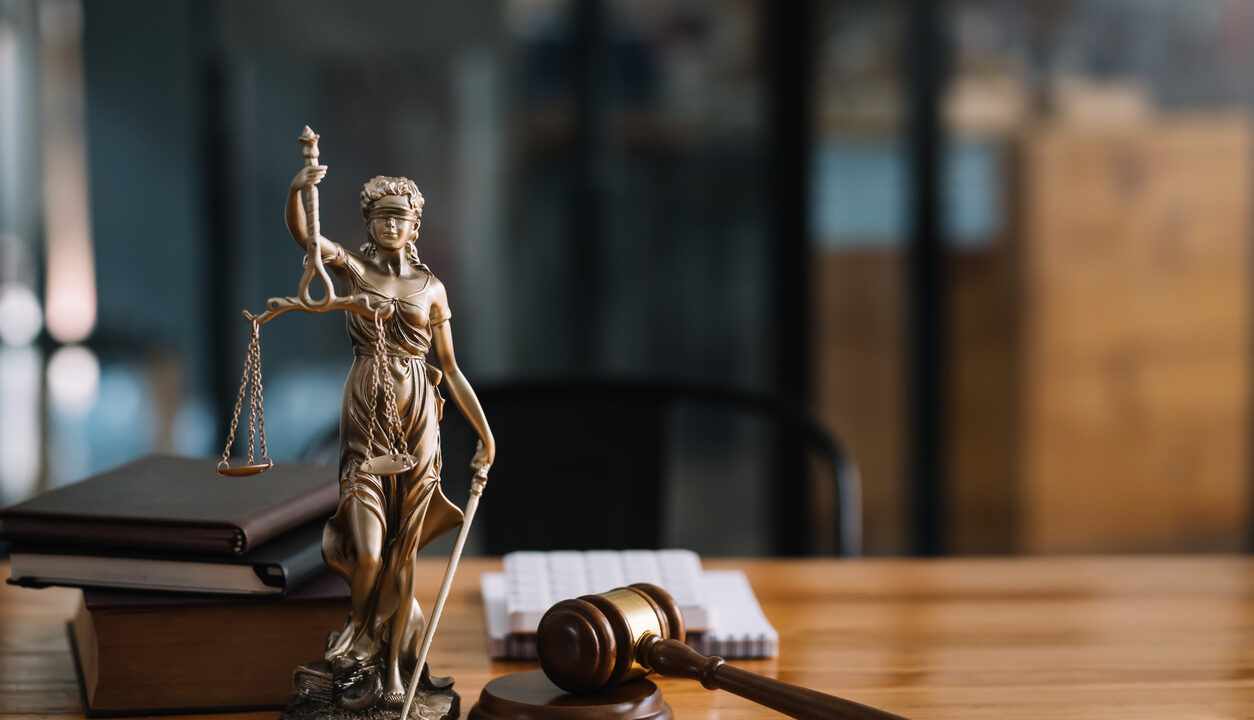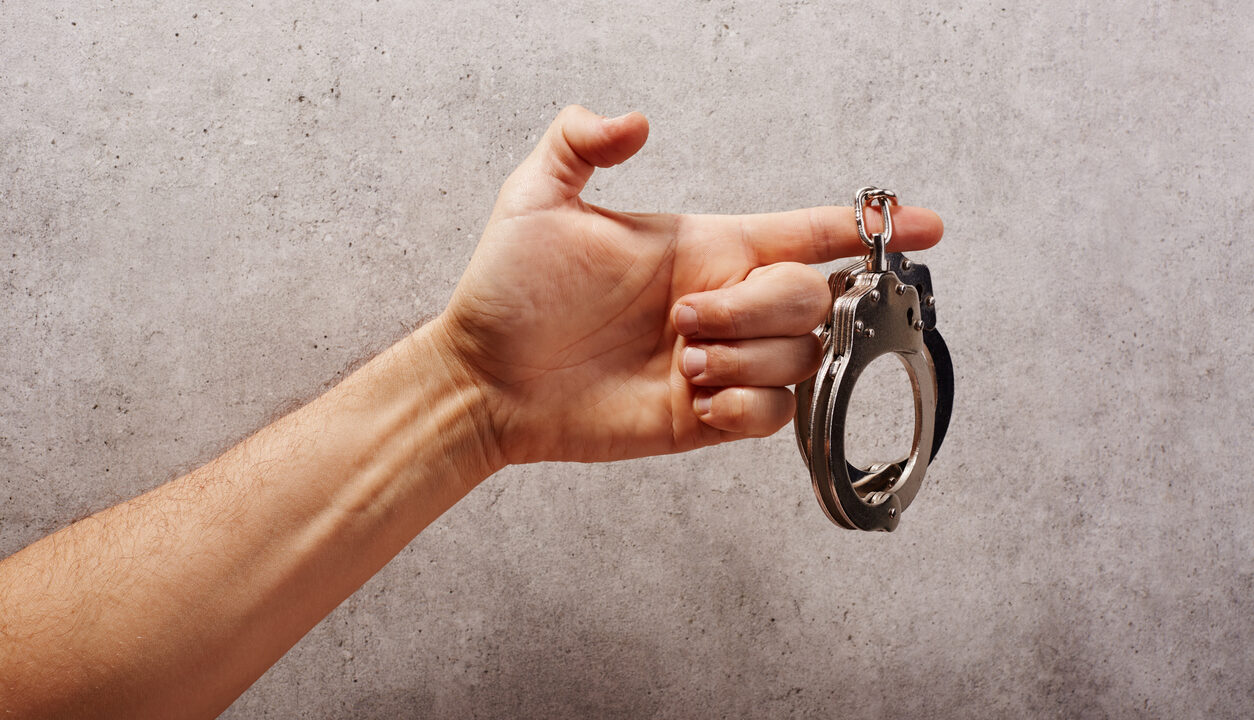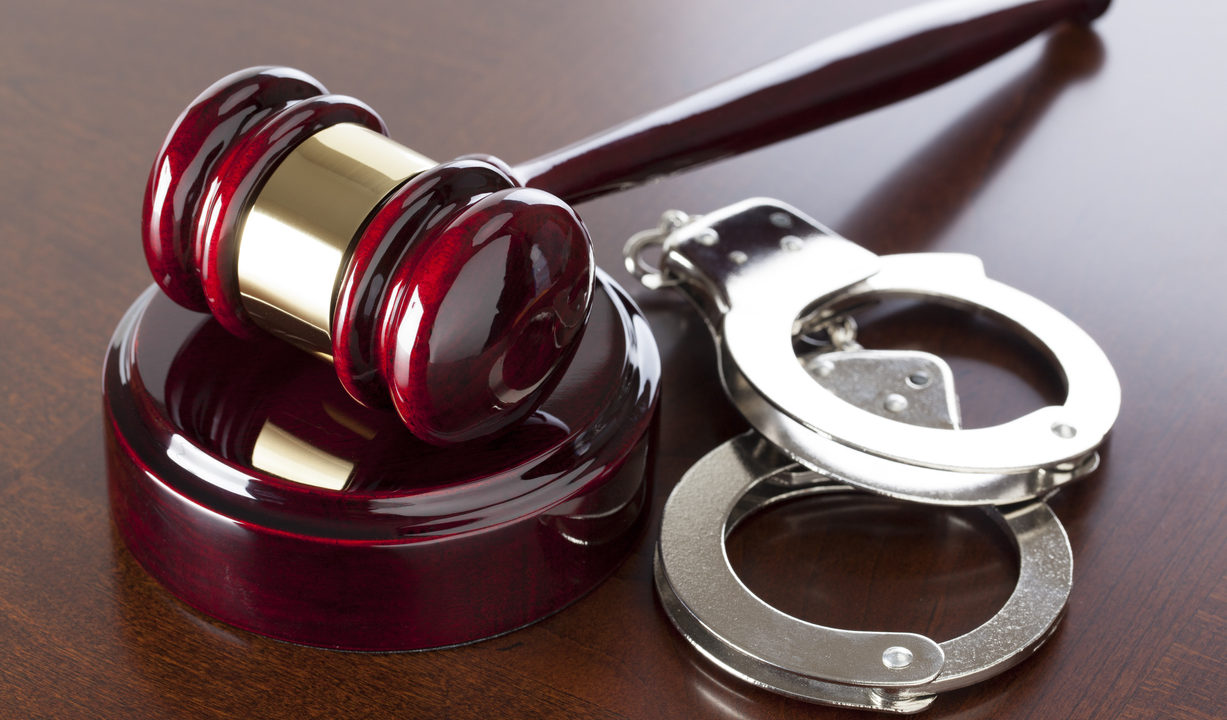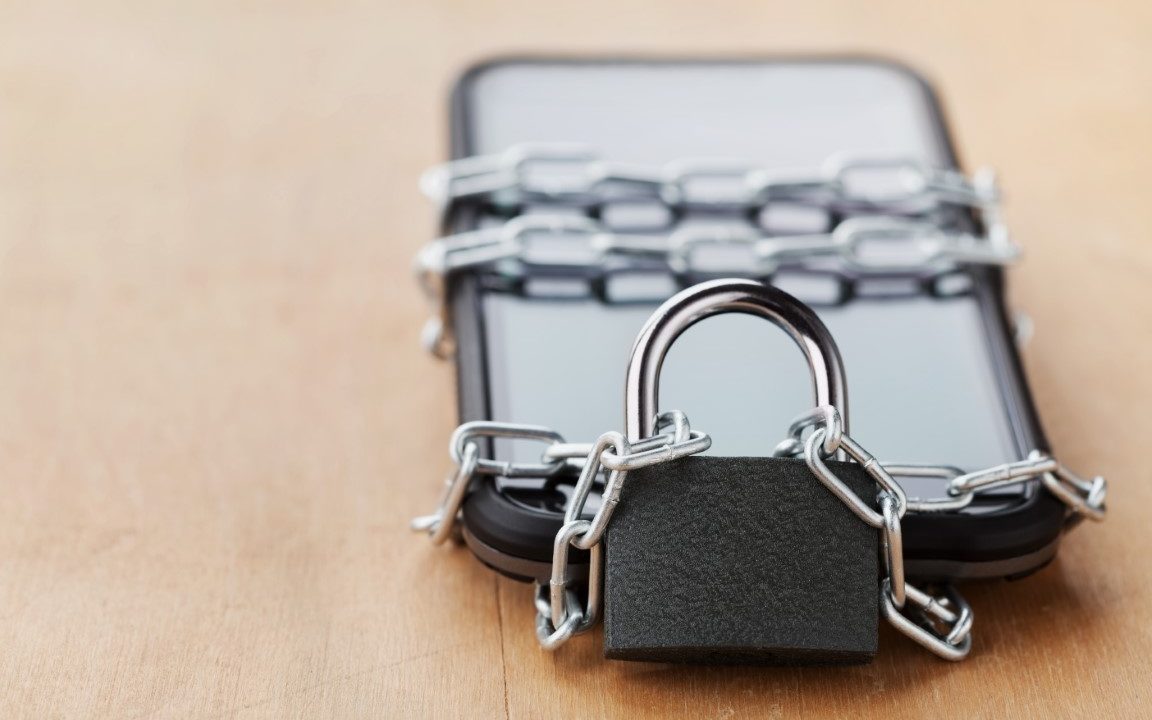“Miranda Rights” is a term used in the United States to describe civilians’ rights upon arrest and detention. It comes from the 1966 US Supreme Court Case Miranda v Arizona, in which the Court ruled that statements made by an accused to police are only admissible in court if the accused was made aware of [ … ]

